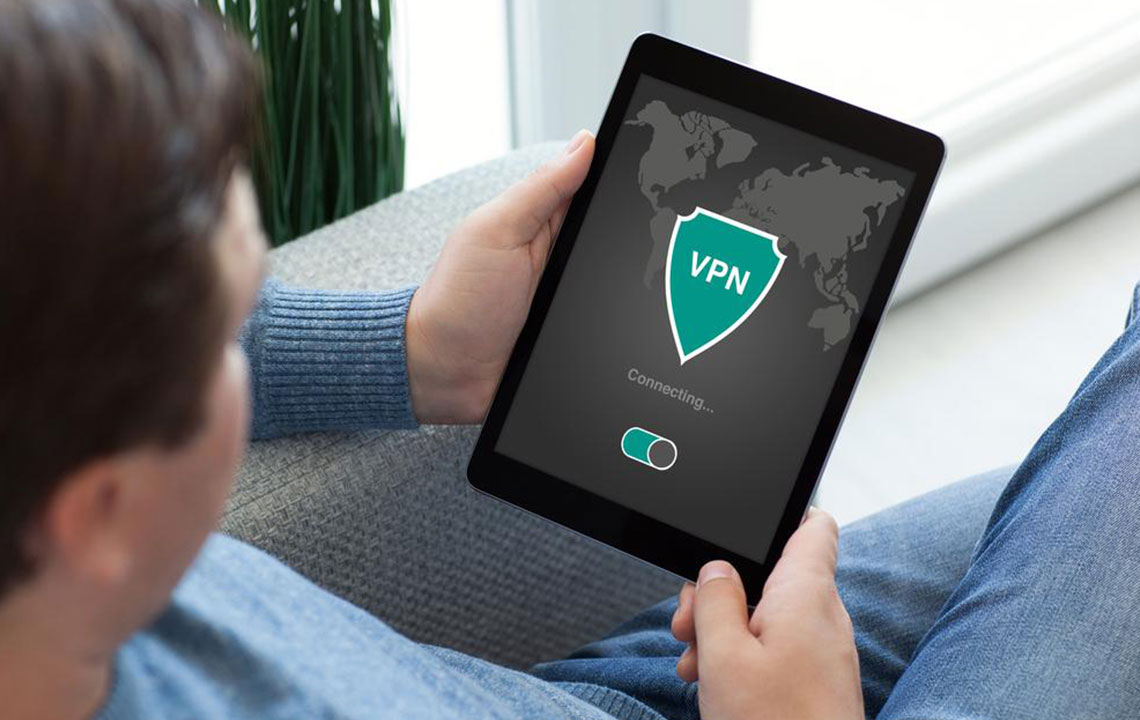Overcoming Obstacles in Data Philanthropy and Its Impact on Society
This article explores the challenges faced in data philanthropy and highlights its crucial role in societal betterment. Key issues like privacy protection and corporate hesitations are discussed, alongside the significant applications in humanitarian aid, research, and human rights. The piece underscores how data sharing can advance global welfare while addressing privacy concerns.
Sponsored

Data philanthropy promotes communal good through the sharing of information between private organizations and public interests. It spans domains from humanitarian aid to academic research, emphasizing that data sharing benefits everyone. The core belief is that sharing data is a positive, altruistic act that contributes to societal wellbeing.
Major Challenges
Protecting Online Privacy: Ensuring user privacy remains the primary challenge. Techniques like differential privacy help anonymize data, but organizations continue to develop better methods to protect individual identities while utilizing data for good.
Encouraging Corporate Data Sharing: Many companies hesitate to share data fearing loss of competitiveness. Since businesses depend on proprietary data to understand customer behavior, public data release poses perceived risks to market position.
Applications
Humanitarian Support: Big data can forecast disasters, enabling relief agencies to prepare and respond swiftly. Mobile call data also helps assess community access to essentials like water and electricity, and socioeconomic status.
Data-driven systems monitor community issues, using digital sensors to identify and address emergencies quickly. Even in impoverished regions, mobile data and social media insights help NGOs target aid efficiently to the most vulnerable.
Research and Education: Data access challenges hinder academic progress. Grants from platforms like Facebook and Twitter empower researchers to produce groundbreaking insights for public good and societal advancement.
Protection of Human Rights: Data philanthropy plays a vital role in uncovering human rights abuses. It provides corroborative evidence for investigations into war crimes and rights violations, helping NGOs and authorities bring offenders to justice by analyzing data collected from conflict zones.






